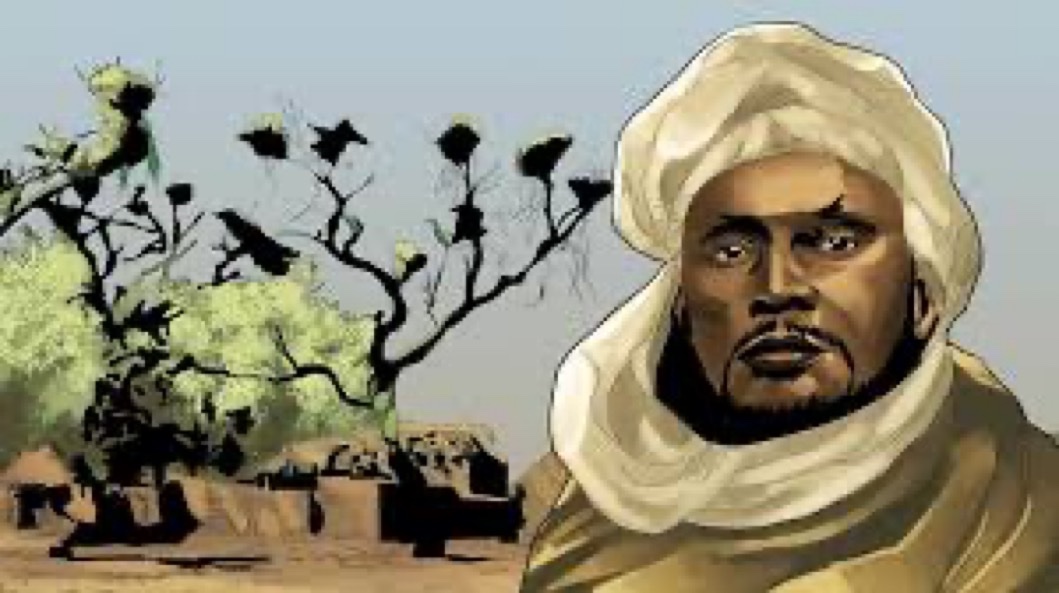
This is how the Fulani came to settle in Modern day Northern Nigeria and the founding of the Sokoto caliphate
Check thread 🧵

Check thread 🧵


The Northern Nigeria from time immemorial has been occupied by the Hausa people. And they had the Hausa states classified as, Hausa Bokwai and Hausa Banza.
The Fulani, through Islam rose up the ranks of the Hausa states and got positions like special advisers.
The Fulani, through Islam rose up the ranks of the Hausa states and got positions like special advisers.

They strengthen Islam teachings in the society as they were also Islamic. And also what was popular with is, the Fulani spoke against the gross corruption and misconduct of the Hausa governments. This made them at loggerheads with the government, scholars like...
Uthman Dan Fodio then rose and began to tackle the government on of their "non Islamic policies". In Gobir, which is an Hausa States, the government tried to silence Dan Fodio but they failed and the ruler died, then they installed a student of Dan Fodio, Yunfa as king. 

Dan Fodio still kept his large Influence in Yunfa's government, he was more popular and the king and Yunfa sought to kill him. In response to this, on 21 February, 1804, Dan Fodio declared Jihad on Yunfa and the Hausa states. 

Between 1804 to 1808, Dan Fodio's men had subjugated Katsina, Daura, Kano and Gobir. In 1809, the son of Dan Fodio, Muhammad Bello, founded the city of Sokoto and by 1810 Dan Fodio united all Hausa states under Islam and eradicated draconian policies and pagan believes.
By 1812, all Northern states were subjugated. Dan Fodio left power to focus on spiritual matters. His son Muhammad Bello and his Brother, Abdullahi ruled in his stead.
Bello ruled the Sokoto caliphate to the East, Abdullahi ruled to the West and became Emir of Gwandu.
Bello ruled the Sokoto caliphate to the East, Abdullahi ruled to the West and became Emir of Gwandu.
In 1817, Dan Fodio died.
The Sokoto caliphate then united all of the Hausa states, the people could trade freely without fear of being raided by their neighbors. The people identified first as Muslims before their own ethnicity. The Sokoto caliphate stretched.
The Sokoto caliphate then united all of the Hausa states, the people could trade freely without fear of being raided by their neighbors. The people identified first as Muslims before their own ethnicity. The Sokoto caliphate stretched.
All the way to parts of Burkina Faso, to modern Cameroon, the Nupe land and the Yoruba city of Ilorin. The Hausa and Fulani have since then coexisted, intermarried and they lived under on rule, until the British annexed it in 1903.
Thanks for your time and don’t forget to follow us @NigeriaStories
We have complied an E-book with more amazing stories just for you.
Get here
👇🏾
paystack.com/buy/nigeria-st…
We have complied an E-book with more amazing stories just for you.
Get here
👇🏾
paystack.com/buy/nigeria-st…
• • •
Missing some Tweet in this thread? You can try to
force a refresh

















